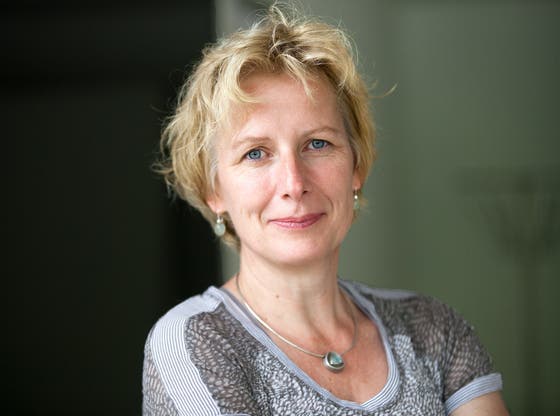Connecting lab results for better care

Linking results from immunological tests with results from other laboratory specialties and clinical data in order to provide better advice for the doctor: that is the dot on the horizon for Dörte Hamann (Center for Translational Immunology). Since October she has held the new chair of ‘Integrated Immunological Diagnostics’. She will also work with patients to realize better remote diagnostics.
The enormous role of the immune system in our health is becoming increasingly clear. With more and more disorders it is therefore necessary to have better insight into this. Not only for diagnosis, but also to predict disease course or a response to drugs. The immune system is also increasingly being used to cure diseases, such as cancer. For all these applications, doctors are now requesting different tests, receiving the results and trying to make connections. Dörte sees an important role for the laboratories here. “I think we should link the results of different tests in order to be able to provide comprehensive advice to the doctor based on that.”
Increasing data
The new professor, who – after studying biology - spent most of her career at Sanquin, gives an example of a COVID-19 patient. “We determine whether a patient has COVID-19, but we also really want to be able to predict the course of the disease. It is still a long way off, but we already know that the immune system can become over-activated and that the coagulation system may derail. By combining results we may be able to estimate the risk of IC admission and help doctors."
To achieve this, laboratory staff need to specialize more in data analysis. “It was always important that lab specialists knew everything about a particular test in order to perform it properly. But nowadays there are more and more ready-made tests and detailed protocols. The complexity of the tests decreases, but the amount of data increases. Being able to handle such data well is therefore becoming increasingly important."
Underlying mechanisms
Dörte considers basic immunology, translational immunological research and clinical immunology at UMC Utrecht excellent disciplines. Her chair fits in perfectly within this triangle. "If we can improve cooperation, it will ultimately have a real effect on healthcare."
Not -only- looking at the condition or the symptoms, but rather at the underlying mechanisms, is the strength of the CTI. “We also want to tie in more with this in diagnostics. We want to be able to see exactly which path of the immune system is derailed that is causing the symptoms. For this it is also necessary that we can develop in-house tests, in order to actually apply the knowledge of our basic research."
Remote diagnosis
Another thing that Dörte wants to achieve in the near future is to make remote diagnosis possible. “Of course we have to involve patients in this. If we want to make it as easy as possible for them, we need to know what their needs and preferences are. Now in corona times, remote care has gained momentum. I think that is a positive development. I would like to develop more possibilities to do blood tests at home, for example. Collect a few drops of blood on a filter paper with a finger prick and send it in. You should theoretically not have to visit the hospital for that. We also need to do more to ensure that the systems of the various care organizations are better aligned. It would be great that in case a doctor or another hospital has already drawn blood, that we can also use those results. Also in that case, a patient does not have to attend the hospital again for a blood test."
